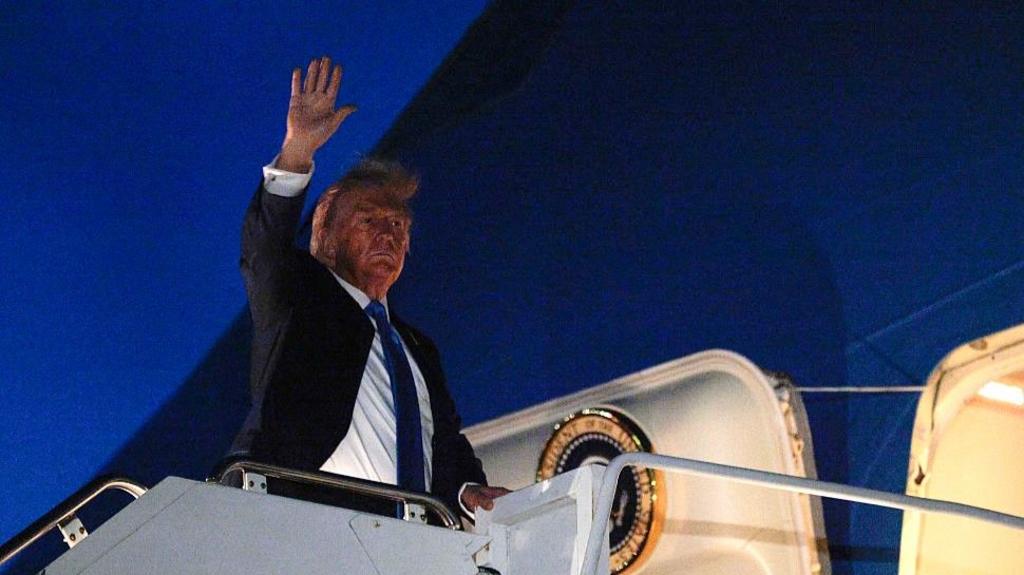G7 Summit in Canada: Can Leaders Bridge the Divide with Trump?

Banff, Alberta – The picturesque Canadian Rockies are playing host to the G7 summit this weekend, but the stunning scenery belies a tense atmosphere. Leaders from Canada, France, Germany, Italy, Japan, the United Kingdom, and the United States are convening amidst widening fissures with Washington, particularly concerning trade and foreign policy. This year's meeting, hosted by Canadian Prime Minister Justin Trudeau, is shaping up to be a critical test of international cooperation in an era of rising protectionism and geopolitical uncertainty.
The summit’s agenda is packed with pressing global issues, including climate change, economic stability, and security concerns. However, the shadow of U.S. President Donald Trump's unpredictable approach looms large. Disagreements over tariffs, particularly on steel and aluminum, have already strained relations between the U.S. and its traditional allies. Furthermore, differing perspectives on Iran’s nuclear deal and Russia’s role on the world stage add to the complexity of the discussions.
Trade Tensions at the Forefront
Trade has consistently been a point of contention between the U.S. and its G7 partners. Trump's administration has championed a “America First” trade policy, leading to the imposition of tariffs on imports from various countries. European leaders have strongly criticized these measures, arguing that they disrupt global trade and harm economic growth. The summit offers a crucial opportunity for leaders to engage in frank discussions and seek common ground on trade issues. Observers are closely watching whether a compromise can be reached to de-escalate the trade war and restore confidence in the multilateral trading system.
Foreign Policy Divergences
Beyond trade, significant divergences in foreign policy also threaten to derail the summit. The U.S. withdrawal from the Iran nuclear deal, also known as the Joint Comprehensive Plan of Action (JCPOA), has isolated Washington from its European allies, who remain committed to the agreement. Similarly, differing views on how to engage with Russia continue to create friction within the group. The summit provides a platform for leaders to articulate their perspectives and explore potential areas of collaboration, despite these disagreements.
Trudeau's Balancing Act
Canadian Prime Minister Justin Trudeau faces a delicate balancing act as host of the summit. He must navigate the complexities of U.S. demands while upholding Canada’s commitment to multilateralism and international cooperation. Trudeau has emphasized the importance of dialogue and diplomacy in resolving disputes, and he is expected to play a key role in facilitating discussions between Trump and other leaders.
Looking Ahead
The G7 summit in Banff represents a pivotal moment for international relations. The outcome of the meeting will have far-reaching implications for the global economy and the future of international cooperation. While challenges are undeniable, the summit also presents an opportunity for leaders to reaffirm their commitment to shared values and work towards solutions to pressing global challenges. The world will be watching closely to see whether the G7 can overcome its divisions and chart a course towards a more stable and prosperous future.





